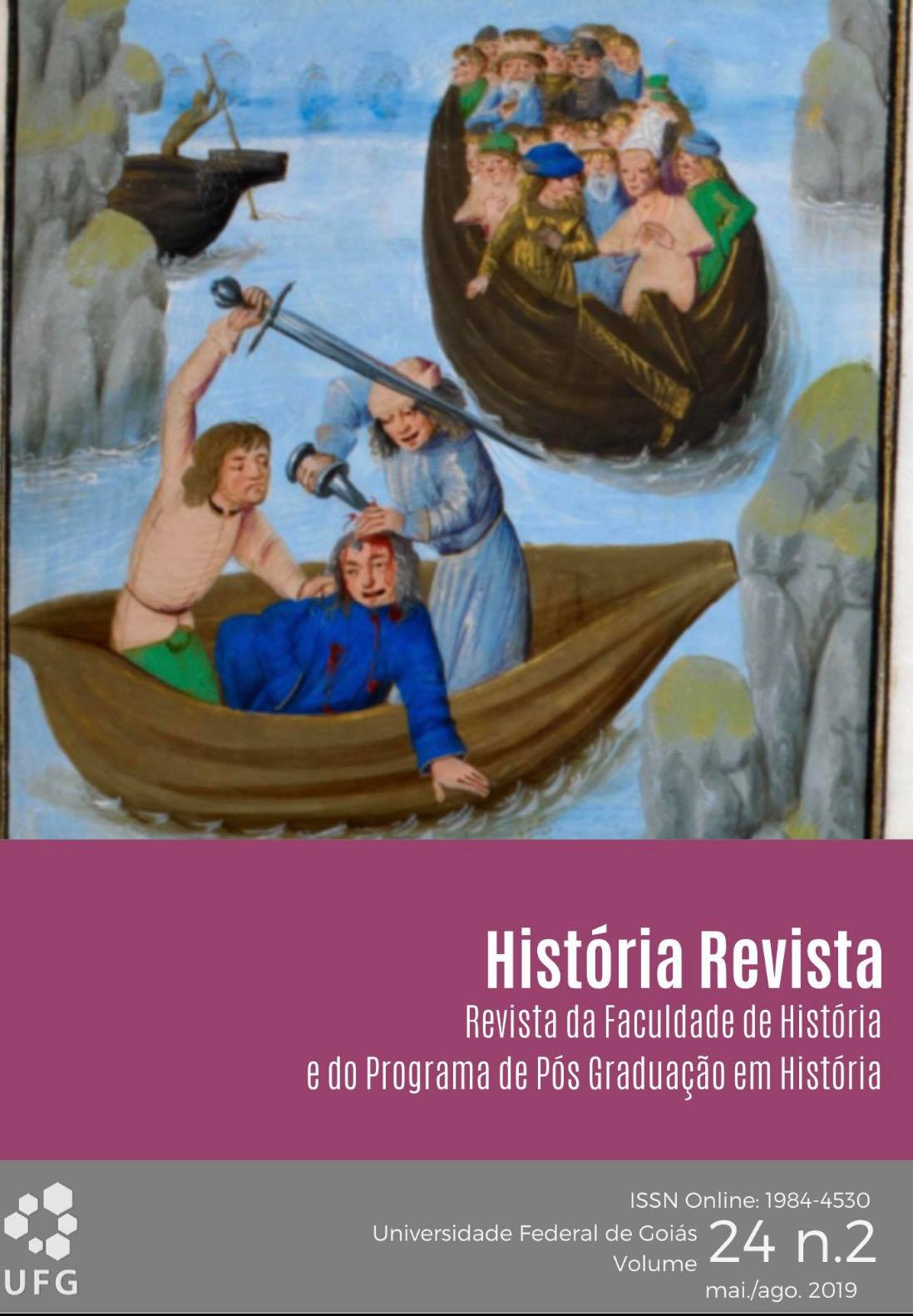Da virtude à política
a moral do governante no pensamento do franciscano Paulino de Veneza (c. 1314)
DOI:
https://doi.org/10.5216/hr.v24i2.60424Abstract
This paper deals with the history of political thought in the fourteenth century. It makes an introductory study of the first part of the treatise De regimine rectoris, by the Franciscan Paulino of Venice, dated c. 1314. The problem it discusses is the correlation between morality and politics in the validation of a government considered good and legitimate. It is in line with the thesis that medieval thinkers did not attribute the success or failure of government to formal aspects such as institutions, but to the morality of social man, embodied in the person of the ruler (rector). Thus, the the paper aims to show how authors such as Paulino described, in terms of virtues and vices, the characteristics of the good and the bad ruler, making the moral concur for the legitimation of politics. The method employed in reading the work is conceptual analysis; through it the text hopes to offer the reader a perspective on how medieval thinkers postulated an inextricable relationship between morality and politics.
Downloads
Downloads
Published
How to Cite
Issue
Section
License
Declaração de Direito Autoral
Concedo à História Revista o direito de primeira publicação da versão revisada do meu artigo, licenciado sob a Licença Creative Commons Attribution, que permite o compartilhamento do trabalho com reconhecimento da autoria e publicação inicial nesta revista.
Afirmo ainda que meu artigo não está sendo submetido a outra publicação e não foi publicado na íntegra em outro periódico, assumindo total responsabilidade por sua originalidade, podendo incidir sobre mim eventuais encargos decorrentes de reivindicação, por parte de terceiros, em relação à autoria do mesmo.



